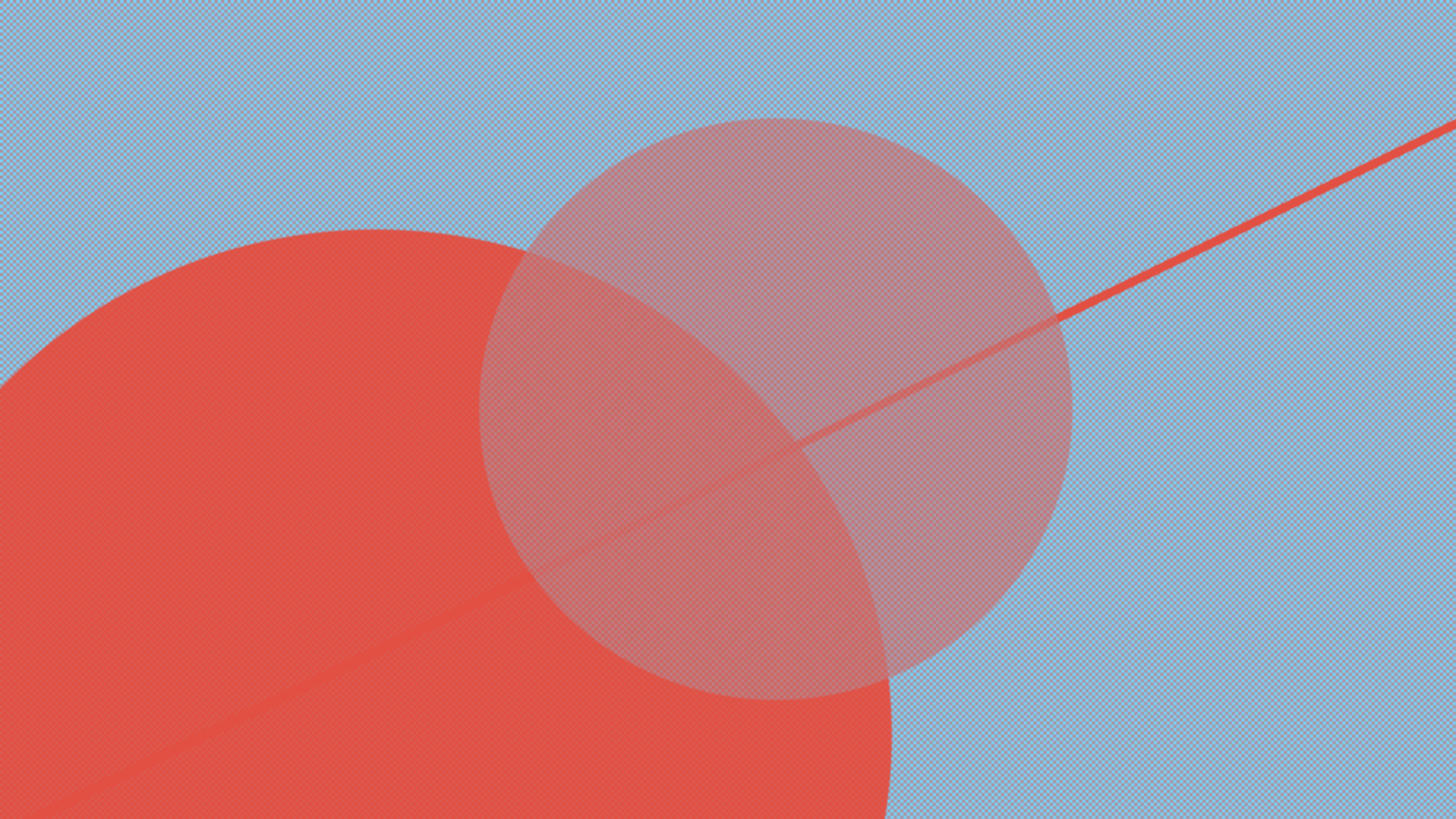The first ten days
PLoS ONE has been accepting submissions for just over 10 days now and I’m really pleased by the number of people who have already taken up the opportunity of contributing to this project. There has also been a fair few comments about PLoS ONE on various blogs and email listservs. I thought it would be a good time to publicly answer some of these.
I’m not going to defend the website against Glyn Moody’s accusations of adopting a Laura Ashley colour scheme. I learnt long ago not to enter into arguments about colours and design. If it works that is fine by me.
More fundamental are the comments about the scope of PLoS ONE. We have always said that PLoS ONE is inclusive and that it will be happy to accept submissions from any scientific discipline. A number of people (PhilipJ of BioCurious, Michel Dagenais on the SPARC Open Access Forum) have pointed out that we don’t seem to be making good on that promise in that we talk about archiving in PubMed Central and the Editorial Board is mainly comprised of life scientists. Do we have a restricted view of science?
My answer paraphrases a former mayor of Carmel: ‘a man’s got to know his limitations’. PLoS has a reputation and experience in the life and medical sciences, and next to none in physics or chemistry. It is a pretty fair bet that the life and medical scientists will be the first to trust us to be producing something worthwhile. The makeup of the board reflects the range of submission that we are expecting over the initial months.
Once we have published some papers and can show the communities that don’t know about PLoS exactly what we are offering them with PLoS ONE then we can start broadening our reach. That doesn’t mean that we aren’t open to submissions outside the life sciences. If manuscripts are submitted outside the scope of the current editorial board then we will track down the experts who can handle those manuscripts and recruit them to the board.
Better yet, if you are part of a community that would like to use PLoS ONE but don’t feel represented get in contact with us, get together six to a dozen people who would be willing to take on Editorial Board duties and you won’t be disenfranchised for long. Seriously, this will be the easiest way to establish an outlet for your community’s – in fact any community’s – research; far easier and more flexible than setting up a journal from scratch.
So PLoS ONE is a journal for all disciplines but we have to start somewhere, and we have started with what we know and where we are known.
Another comment that has come up is well articulated by PhilipJ at BioCurious. Put simply, if we are going to the effort of developing annotation, commenting and other tools for PLoS ONE, wouldn’t they be just as useful on the rest of the PLoS journals. Better yet couldn’t they be applied to any papers that are available Open Access.
The answer to that is, of course we would like to have all this functionality available on all papers. But again practicalities mean that you have to start somewhere and that somewhere is PLoS ONE. The way that the editorial process of PLoS ONE was conceived the post publication activity is at least as important as the pre-publication peer review. ‘Open Access 2.0’ is essential for the PLoS ONE project but PLoS ONE is also a proving ground for our new publishing platform from TOPAZ. Once we know it works well, once we have ironed out the wrinkles and brought a full tool-box of features online then we will move the other PLoS Journals onto the same platform.
It has been really great to see how many people have taken to the idea of PLoS ONE and the TOPAZ functionalities, and realised what can be achieved with it. It is great that you want so much from us. We want those things too, it’s just we can’t do everything at once.
Finally if you don’t think we are moving fast enough in any particular area please tell us about it. And don’t just tell us. The TOPAZ software will be Open Source so anyone can help develop it. And if you think that PLoS ONE doesn’t cover your area of research submit a paper or volunteer for the Editorial Board.
